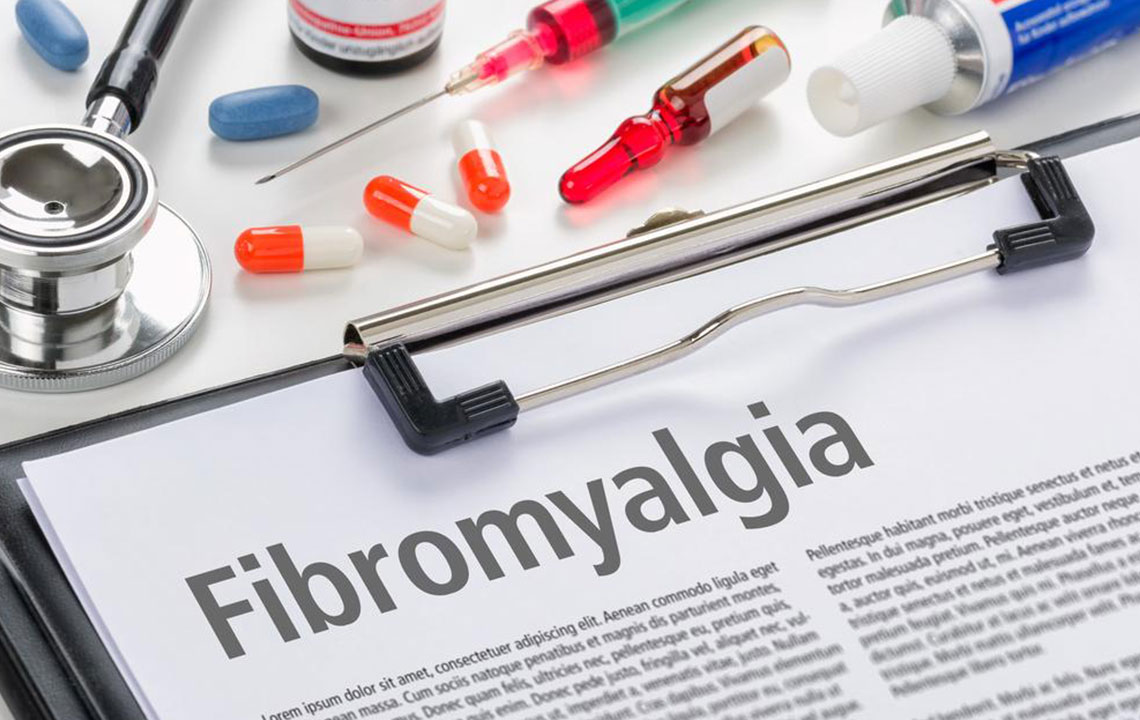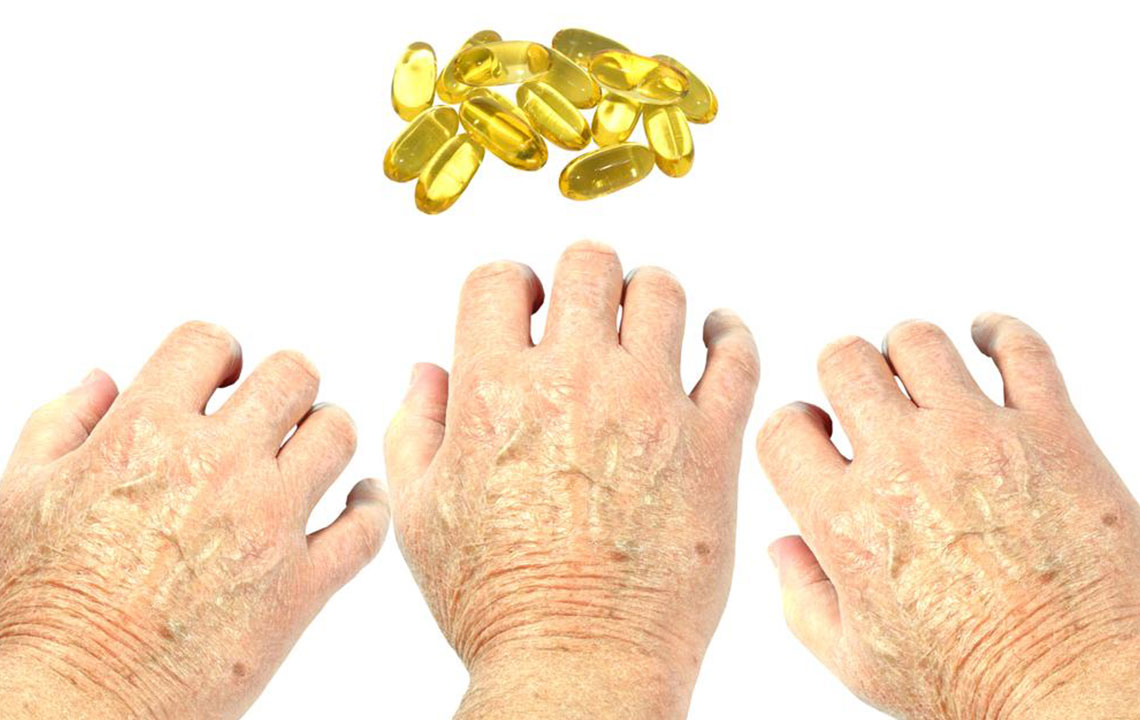Comprehensive Nutritional Strategies and Dietary Guidelines for Effective Management of Hepatitis C
This detailed guide explores nutritional strategies and dietary recommendations essential for managing hepatitis C. Emphasizing anti-inflammatory foods, lifestyle modifications, and nutrient-rich diets, it provides a comprehensive approach to support liver health, alleviate symptoms, and prevent disease progression. By incorporating foods like omega-3 fatty acids, berries, leafy greens, and turmeric, patients can enhance their immune response and promote liver regeneration. Practical dietary advice includes avoiding fatty foods, reducing salt intake, and smart juicing. This extensive resource offers valuable insights for anyone seeking to improve their liver health through nutrition.

Optimized Dietary Practices to Promote Liver Health in Hepatitis C Patients
Hepatitis encompasses a range of liver inflammations caused by various viral strains, predominantly types A through E, each distinguished by different transmission modes. Among these, hepatitis C is a significant health concern resulting from the hepatitis C virus (HCV), which is primarily transmitted through blood-to-blood contact, such as via contaminated transfusions or shared needles. Understanding the nature of hepatitis C is crucial for implementing effective dietary and lifestyle interventions aimed at managing the disease and preventing progression.
Hepatitis C manifests mainly in two forms: acute hepatitis C and chronic hepatitis C. Acute hepatitis C is a brief, often self-limiting infection lasting up to six months. During this period, the body's immune system may successfully clear the virus, leading to complete recovery. However, in many cases, especially if the immune response is weak or compromised, the infection becomes chronic, persisting longer than six months. Chronic hepatitis C can silently damage the liver over years or even decades, heightening the risk of severe complications such as cirrhosis, liver failure, and hepatocellular carcinoma—the primary form of liver cancer.
Chronic hepatitis C
This persistent condition can last a lifetime, gradually causing liver fibrosis, cirrhosis, and increasing the risk of liver cancer. Managing chronic hepatitis C requires a comprehensive approach that combines medical treatment with targeted nutritional support.
Effective dietary management plays a crucial role in combating hepatitis C. Proper nutrition can help alleviate symptoms, reduce inflammation, support liver regeneration, and prevent further damage. The inclusion of anti-inflammatory foods and specific nutrients can bolster the immune system and enhance liver health. Here are some of the most beneficial foods and dietary practices recommended for individuals living with hepatitis C:
Omega-3 fatty acids from fish
Oily fish such as salmon, mackerel, sardines, and tuna are excellent sources of omega-3 fatty acids, particularly EPA and DHA. These nutrients possess strong anti-inflammatory properties, which can reduce liver inflammation and slow disease progression. For those who do not consume fish, plant-based alternatives like flaxseeds, walnuts, and canola oil can provide comparable omega-3 benefits.
Turmeric and Curcumin
Turmeric, a bright yellow spice commonly used in cooking, contains curcumin—a compound renowned for its potent anti-inflammatory and antioxidant effects. Curcumin helps modulate inflammatory pathways in the liver, thus decreasing tissue damage and fibrosis associated with hepatitis C. Incorporating turmeric into meals or taking supplements (after consulting a healthcare provider) can be highly beneficial.
Berries
Fruits such as blueberries, raspberries, cranberries, and strawberries are rich in anthocyanins, which are powerful antioxidants with anti-inflammatory properties. Regular consumption of berries supports oxidative stress reduction, enhances liver detoxification, and boosts immune function, all critical for managing hepatitis C.
Kale and Leafy Greens
Dark leafy vegetables like kale, spinach, and collard greens are abundant in sulfur-containing compounds that facilitate liver detoxification. They also help lower liver fat accumulation and reduce chronic inflammation, thus supporting overall liver health.
Green Tea
Green tea is loaded with flavonoids and catechins, particularly epigallocatechin gallate (EGCG), which exhibit anti-inflammatory and antioxidant properties. Drinking green tea regularly may help lessen liver inflammation, improve liver enzyme levels, and strengthen immune defenses against hepatitis C.
Tart Cherries
Known for their high anthocyanin content, tart cherries aid in detoxification processes, reduce inflammation, and may alleviate symptoms such as jaundice and fatigue common in hepatitis C patients.
Sweet Potatoes
As a rich source of antioxidants and anthocyanins, sweet potatoes support the liver in removing toxins from the blood, help reduce oxidative stress, and decrease inflammation. They are also gentle on the digestive system, making them ideal for liver health.
Kelp and Seaweed
These marine vegetables contain fucoidan, a sulfated polysaccharide shown to reduce liver inflammation and enhance immune response. It is crucial to source kelp from organic, unpolluted waters to avoid heavy metal contamination.
Olive Oil
Extra virgin olive oil is rich in anti-inflammatory polyphenols, particularly oleuropein, which supports cell membrane integrity and reduces inflammatory responses in the liver. Using olive oil in cooking instead of other fats can provide ongoing benefits.
In addition to incorporating specific superfoods, making strategic dietary modifications can significantly impact disease management:
Avoid saturated and trans fats
Excessive intake of fatty foods, especially those rich in saturated and trans fats such as fried foods, baked goods, and full-fat dairy, can exacerbate liver inflammation and promote fat accumulation in the liver, worsening hepatitis outcomes.
Prioritize leafy vegetables and fiber-rich foods
Vegetables like kale, spinach, broccoli, and collard greens are low in calories but high in fiber and antioxidants, which assist in reducing liver fat and improving liver enzyme profiles.
Limit salt intake
High salt consumption can lead to fluid retention and promote ascites—a complication of advanced liver disease. Using herbs and spices to flavor foods instead of salt is an effective strategy.
Reduce added sugars
Excess sugars can impair liver function by promoting fat deposition in the liver (hepatic steatosis). Minimizing sugary snacks, beverages, and processed foods helps maintain blood glucose levels and supports liver health.
Smart juicing and fruit consumption
Juicing provides quick, easily digestible energy and nutrients. While whole fruits are preferable, fruit juices can serve as a gentle source of vitamins and antioxidants, supporting liver detoxification and recovery processes.
Overall, a well-balanced, nutrient-dense diet tailored to the needs of hepatitis C patients can significantly improve outcomes, reduce symptoms, and enhance quality of life. Combining medical treatment with specific dietary strategies empowers individuals to take control of their health and foster liver regeneration. Consulting with healthcare professionals and registered dietitians ensures personalized dietary plans that align with medical therapies and individual health conditions.





